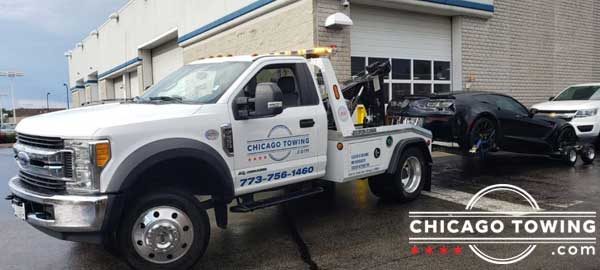Tire blowouts can be extremely dangerous, especially when they occur when you’re in the middle of driving. Here’s a guide to avoiding tire blowouts, as prepared by the towing experts at Chicago Towing.
eep an Eye on Tire Pressure
Make sure that you always maintain the proper amount of pressure in your tires – not too little, not too much. Different tires need different pressure levels, so make sure to consult your vehicle user guide to figure out what the right amount is. Check tire pressure frequently with a pressure gauge, and fill it up at a gas station air compressor if you need to.
Why is Tire Pressure Important?
If there’s too much air in your tires, it can cause the rubber to stretch out and weaken, making it more susceptible to a blowout. If they are under inflated, they can easily overheat and cause a blowout.
Overloading
If your vehicle is overloaded beyond its maximum weight capacity (often during moving trips) tires can suddenly blow out. Make sure to verify your vehicle’s weight capacity before embarking on a long trip – and if your desired load exceeds this, rent a moving truck.
Speeding
Speeding can cause tire blowouts as tires can become very hot at fast speeds, compromising their integrity. Speeding can cause sudden drops in tire pressure, so make sure to keep an eye on your speed especially when driving with older tires.
Tire Age and Quality
Tires usually last between 25,000 and 50,000 miles depending on the vehicle. The older and more worn out your tires are, the more susceptible they are to experiencing blowouts. If your tires are worn out or old, have them replaced.

